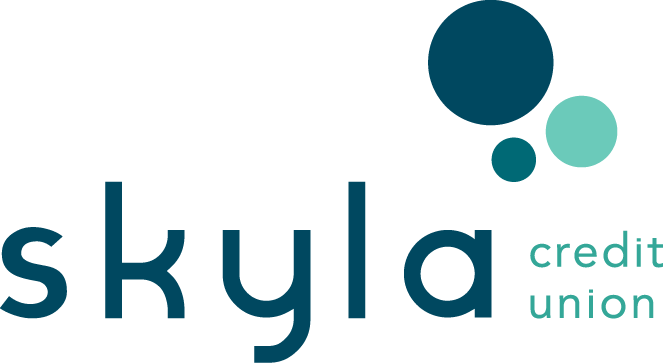If you're still receiving physical paychecks every month, you might want to consider switching to direct deposit. Think of it as a smartphone compared to an old flip phone – direct deposit is the future and a part of the modern banking solution.
 With direct deposit, your paychecks, tax refunds, and other benefits can be electronically deposited into your account, saving you time and hassle. Not only is it convenient, but direct deposits can also help you avoid potential fees associated with traditional banking methods.
With direct deposit, your paychecks, tax refunds, and other benefits can be electronically deposited into your account, saving you time and hassle. Not only is it convenient, but direct deposits can also help you avoid potential fees associated with traditional banking methods.
Let's take a deep dive into the ins and outs of direct deposit, including how it works, its benefits, drawbacks, and exactly how to set it up. Trust me, after reading this, you'll be itching to update your payment preferences.
here's a closer look at what we'll cover
|
|
 what is direct deposit?
what is direct deposit?
Direct deposit is a way for employers or government agencies to pay you money without physically handing you a check. Instead, they electronically transfer the money into your bank account. It's like magic!
 how does direct deposit work?
how does direct deposit work?
Direct deposit works by allowing your employer to send your earnings directly to your bank account electronically. In order to set up direct deposit, you will need to provide your employer with your bank's routing number and your account number. Once the funds are deposited into your account, you can access them immediately.
 pros and cons to direct deposit
pros and cons to direct deposit
pros
it can help grow savings
By having your paycheck automatically deposited into your account, you can set up automatic transfers into a savings account. This way, you can save money without even thinking about it!
Convenience
With direct deposit, you do not have to physically go to a bank to deposit your paycheck, saving you time and hassle.
Security
Direct deposit eliminates the risk of lost or stolen paychecks, reducing the chance of fraud.
Speed
With direct deposit, your earnings are available immediately without having to wait for a check to clear.
helps avoid bank fees
Many banks offer fee waivers on monthly maintenance charges or overdraft fees for account holders who have direct deposits set up. By having your paycheck or other payments directly deposited into your account, you can also avoid potential fees for check cashing or ATM withdrawals.
less paper
Setting up direct deposit with your bank can significantly reduce the amount of physical paper you have to deal with. This means no more paper checks to keep track of or deposit, and no more worrying about losing or misplacing them.
Additionally, many banks offer online statements which eliminates the need for paper statements to be mailed to you each month.
easy set-up
Setting up direct deposit is incredibly easy and straightforward. All you need to do is provide your employer with your bank's routing and account numbers and complete a direct deposit authorization form. This form can usually be found on your employer's website or obtained from your human resources department.
Once you've filled out the necessary paperwork and submitted it to your employer, they will handle the rest. It can take a few weeks to set up, but once it's done, you can sit back and enjoy the benefits of direct deposit. Plus, if you ever need to make changes to your account information, it can be done just as easily. Overall, the process is quick and hassle-free, and the benefits make it well worth the effort.
QUICK TIP: Some banks offer bonuses or incentives to customers who use direct deposit. So, if you want to join the modern world and make your life a little easier, consider signing up for direct deposit. |
cons
Bank Dependence
Direct deposit requires that you have a bank account, which can be a barrier for those who do not have one.
Fees
Shockingly there are banks that charge fees for direct deposit services. Be sure to contact your bank to ensure you will not be charged for conveniently having your funds deposited into your account.
Lack of Control
With direct deposit, you are relying on your employer to deposit your funds correctly, which can cause issues if mistakes are made.
 why should i do direct deposit?
why should i do direct deposit?
If you're still receiving physical paychecks every month, it's time to upgrade to direct deposit. Not only is it the future of banking and a modern solution, but it also offers numerous benefits that can positively impact your financial health.
 how long does a direct deposit take?
how long does a direct deposit take?
Well... it's much faster than receiving a check! You should expect to see your direct deposit in your bank account on the morning of payday. Depending on your work's payroll system, you may receive your direct deposit within 1 - 3 business days. Some banks and credit unions even offer deposits a day early.
LET'S GET YOU DIRECT DEPOSIT READY!
 how to set up direct deposit?
how to set up direct deposit?
Easy! Here's what you'll need to do:
- Grab your bank information. You will need your bank's routing number and your account number. These can be found on the bottom of your checks, some financial institutions have account holders' info within online banking or simply contact your bank directly.
- Fill out a direct deposit authorization form. This form can usually be found on your employer's website or obtained from your human resources department.
- Submit the form to your employer. Once you have completed the form, submit it to your employer or payroll department. It may take a few days for the direct deposit to become active, so be sure to keep receiving physical paychecks until you are notified that the direct deposit is set up and working.
- Confirm that the deposit is successful. Once it's all setup, be sure to check your account to confirm that your payments are being deposited correctly. If you notice any issues or discrepancies, contact your employer or bank immediately to resolve the issue.
is it hard to switch banks - what do i need to do?
Switching banks can be daunting, but setting up direct deposit with a new bank is relatively easy. Here's a detailed step-by-step on how to switch!
ready to set up your direct deposit?
Direct deposit can be a convenient and secure way to receive your earnings. By understanding how it works, the pros and cons, and how to set it up, you can decide if it is the right payment method for you. Remember to keep these FAQs in mind and make sure to update your direct deposit information if you switch banks.
If you are ready to set up direct deposit, here are some FAQs to keep in mind:
common faqs
Can the direct deposit be delayed?
Yes, direct deposits can be delayed due to bank holidays, weekends, or other issues. Be sure to check with your employer for their direct deposit policies.
Can direct deposit go into a savings account?
Yes, direct deposit can be set up to go into a savings account instead of a checking account
Is direct deposit better than a paycheck?
Direct deposit is usually faster and more secure than traditional paper checks.
Is Zelle considered a direct deposit?
Zelle is not considered a direct deposit since it is a peer-to-peer payment service.
Are direct deposit and ACH the same?
Direct deposit is a type of ACH (Automated Clearing House) transaction, which is a payment system used to transfer funds electronically between bank accounts.
As always If you have any questions or comments, our Customer Service Representatives are here for you. You can send an email, give us a call at 704.375.0183, or visit any of our branches.
As Content Strategist behind the Learning & Guidance Center, Yanna loves showing just how doable finance can be. Whether it’s simple tips, step-by-step guides, or comparison charts, she’s passionate about helping readers take charge and reach financial freedom with confidence
more resources for your banking needs
How Much Money Should I Keep In My Checking Account?
Don't know the amount you need to keep your checking account in good shape? Different checking account fees can mess that up. Here's an amount that'll help.
10 min. read
Understanding Checking Accounts
Thinking of getting a checking account but don't understand how it works or how it can benefit you? Here are your answers to understanding checking accounts.
11 min. read




